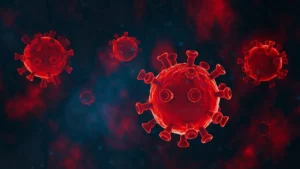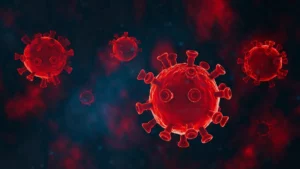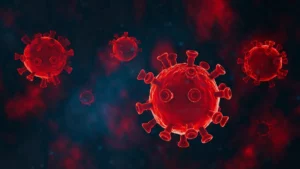
Antidepressants That Target The Gut Could Have Fewer Side-Effects: Study
A groundbreaking study has shed new light on the potential benefits of antidepressants that target the gut, rather than the brain. According to researchers, this approach could result in fewer side effects and improved treatment outcomes for patients.
The study, conducted by a team at Columbia University’s Vagelos College of Physicians and Surgeons, found that altering serotonin levels exclusively within the intestinal cells may be an effective way to treat depression and anxiety without the unwanted consequences. This innovative approach challenges the conventional understanding that antidepressants must work directly on the central nervous system.
The research highlights the previously underappreciated role of the gut in shaping mental well-being. “Antidepressants like Prozac and Zoloft, which increase serotonin levels, are important first-line treatments but can sometimes cause side effects that patients cannot tolerate,” explained Mark Ansorge, an associate professor of clinical neurobiology at Columbia University.
The study’s findings suggest that targeting antidepressants to the gut epithelium could provide a more targeted approach. By restricting the medication’s impact to the gut alone, it may be possible to achieve therapeutic benefits without the negative consequences associated with systemic treatment.
In particular, this new understanding raises concerns about the potential risks of taking antidepressants during pregnancy. The study found that newborn babies exposed to SSRIs (Selective Serotonin Reuptake Inhibitors) during their mother’s pregnancy were significantly more susceptible to developing depression for a year following birth.
The research also suggests that a gut-focused approach could be used as an adjunct therapy or even an alternative treatment option for certain patients. The study’s findings have the potential to revolutionize our understanding of antidepressant medications and their potential side effects.
Ansorge emphasized, “These results suggest that SSRIs produce therapeutic effects by working directly in the gut.” This discovery challenges the long-held idea that the benefits of these medications come solely from targeting the brain.
The study has sparked significant interest within the medical community, with many experts hailing it as a breakthrough. The implications of this research are far-reaching and have the potential to transform our approach to treating mental health disorders.
In conclusion, the recent findings underscore the importance of considering the gut in our understanding of antidepressant medications. By shifting the focus from brain-centric treatment to a more holistic approach that incorporates the role of the gut, we may be on the cusp of a major breakthrough in the fight against depression and anxiety.
Source: www.forbes.com


